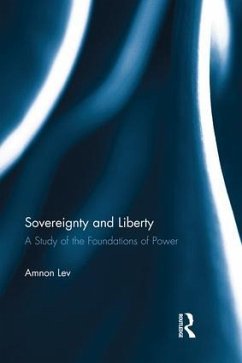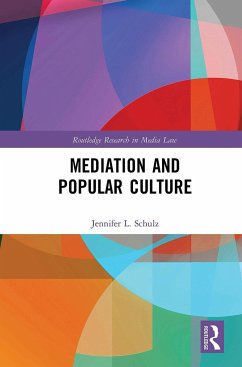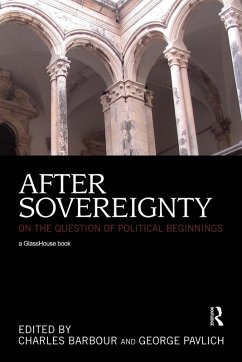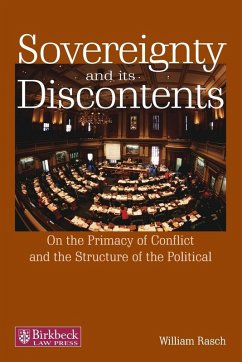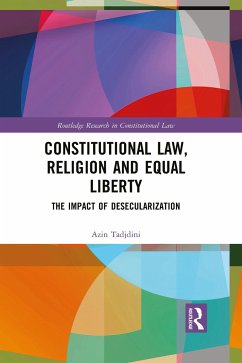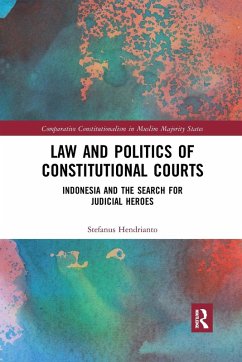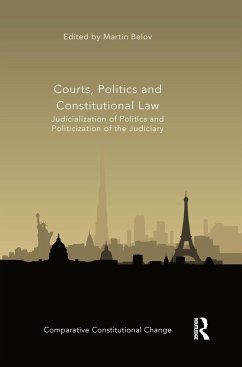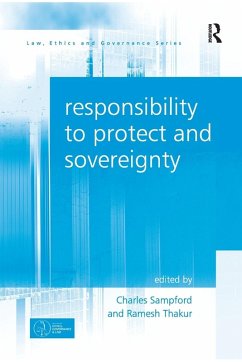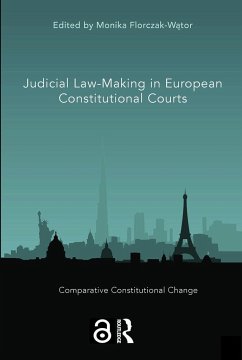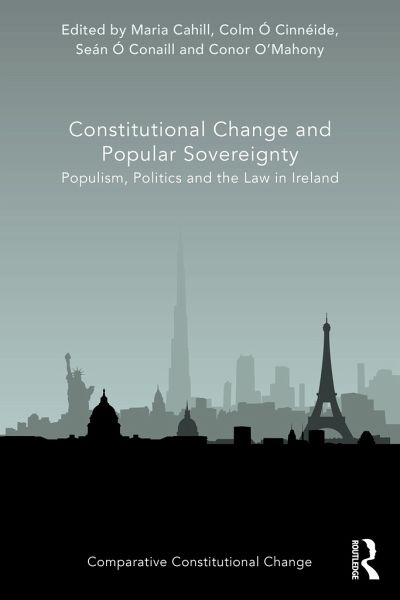
Constitutional Change and Popular Sovereignty
Populism, Politics and the Law in Ireland
Herausgeber: Cahill, Maria; Ó Conaill, Seán; Ó Cinnéide, Colm
Versandkostenfrei!
Versandfertig in 1-2 Wochen
53,99 €
inkl. MwSt.
Weitere Ausgaben:

PAYBACK Punkte
27 °P sammeln!
This collection focuses on the particular nexus of popular sovereignty and constitutional change, and the implications of the recent surge in populism for systems where constitutional change is directly decided upon by the people via referendum. It examines different conceptions of sovereignty as expressed in constitutional theory and case law, including an in-depth exploration of the manner in which the concept of popular sovereignty finds expression both in constitutional provisions on referendums and in court decisions concerning referendum processes. While comparative references are made t...
This collection focuses on the particular nexus of popular sovereignty and constitutional change, and the implications of the recent surge in populism for systems where constitutional change is directly decided upon by the people via referendum. It examines different conceptions of sovereignty as expressed in constitutional theory and case law, including an in-depth exploration of the manner in which the concept of popular sovereignty finds expression both in constitutional provisions on referendums and in court decisions concerning referendum processes. While comparative references are made to a number of jurisdictions, the primary focus of the collection is on the experience in Ireland, which has had a lengthy experience of referendums on constitutional change and of legal, political and cultural practices that have emerged in association with these referendums. At a time when populist pressures on constitutional change are to the fore in many countries, this detailed examination of where the Irish experience sits in a comparative context has an important contribution to make to debates in law and political science.





